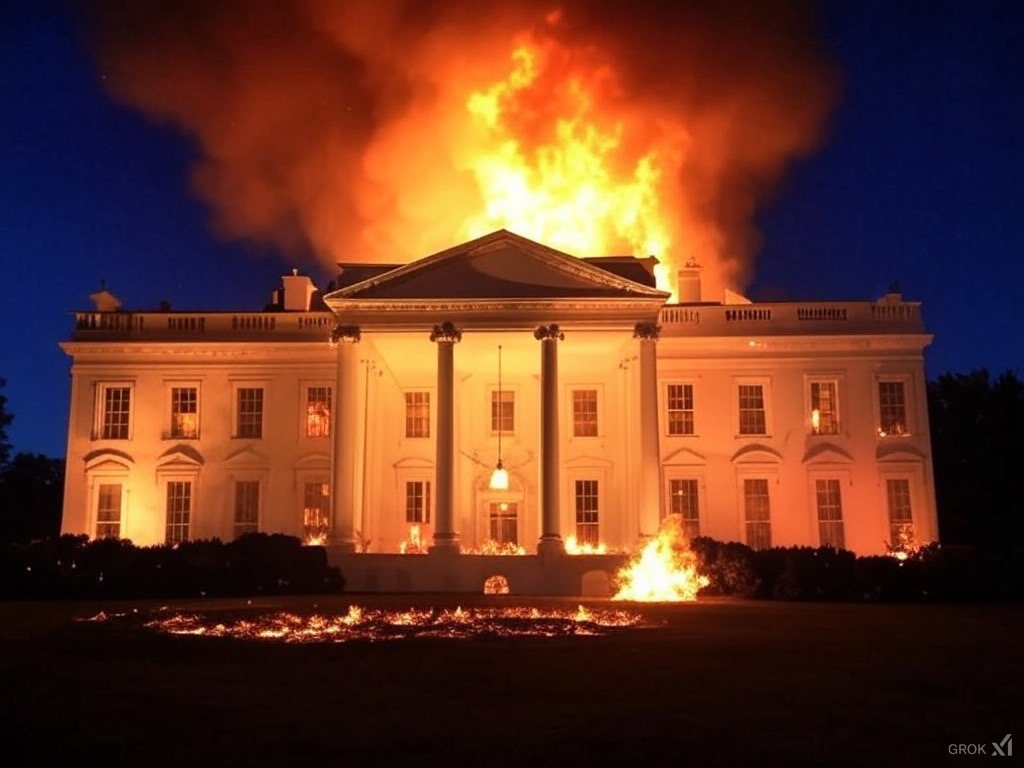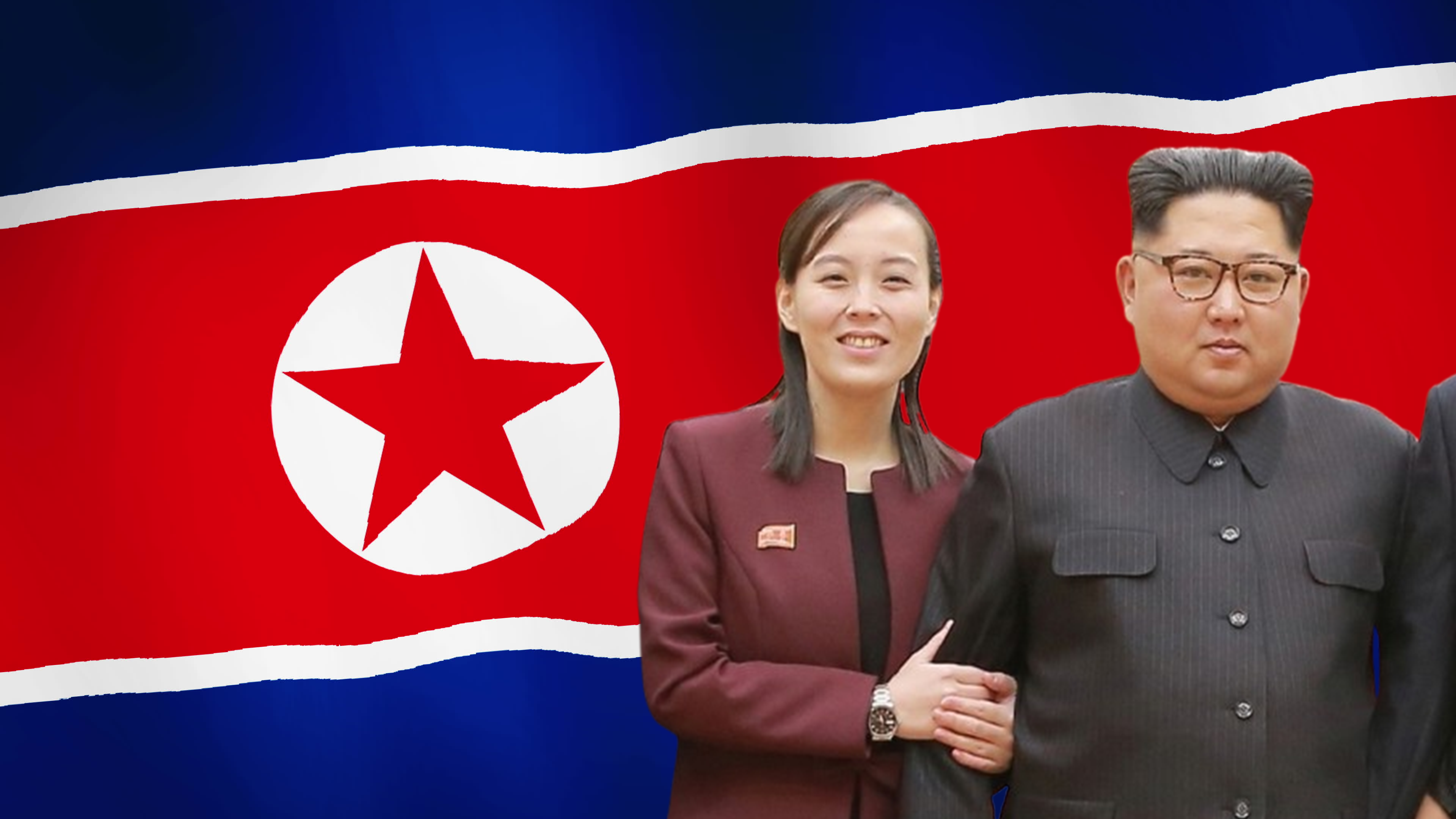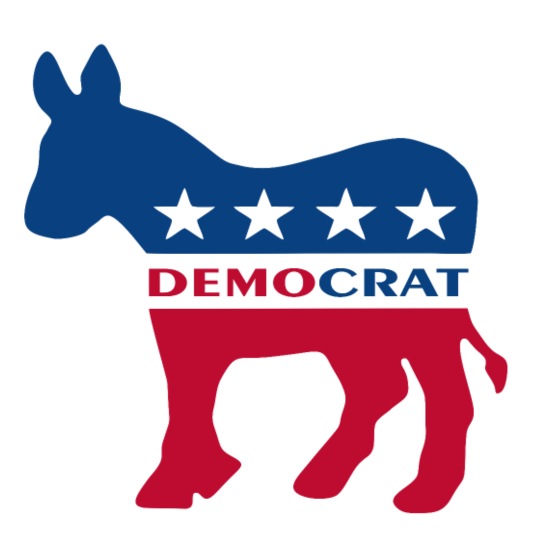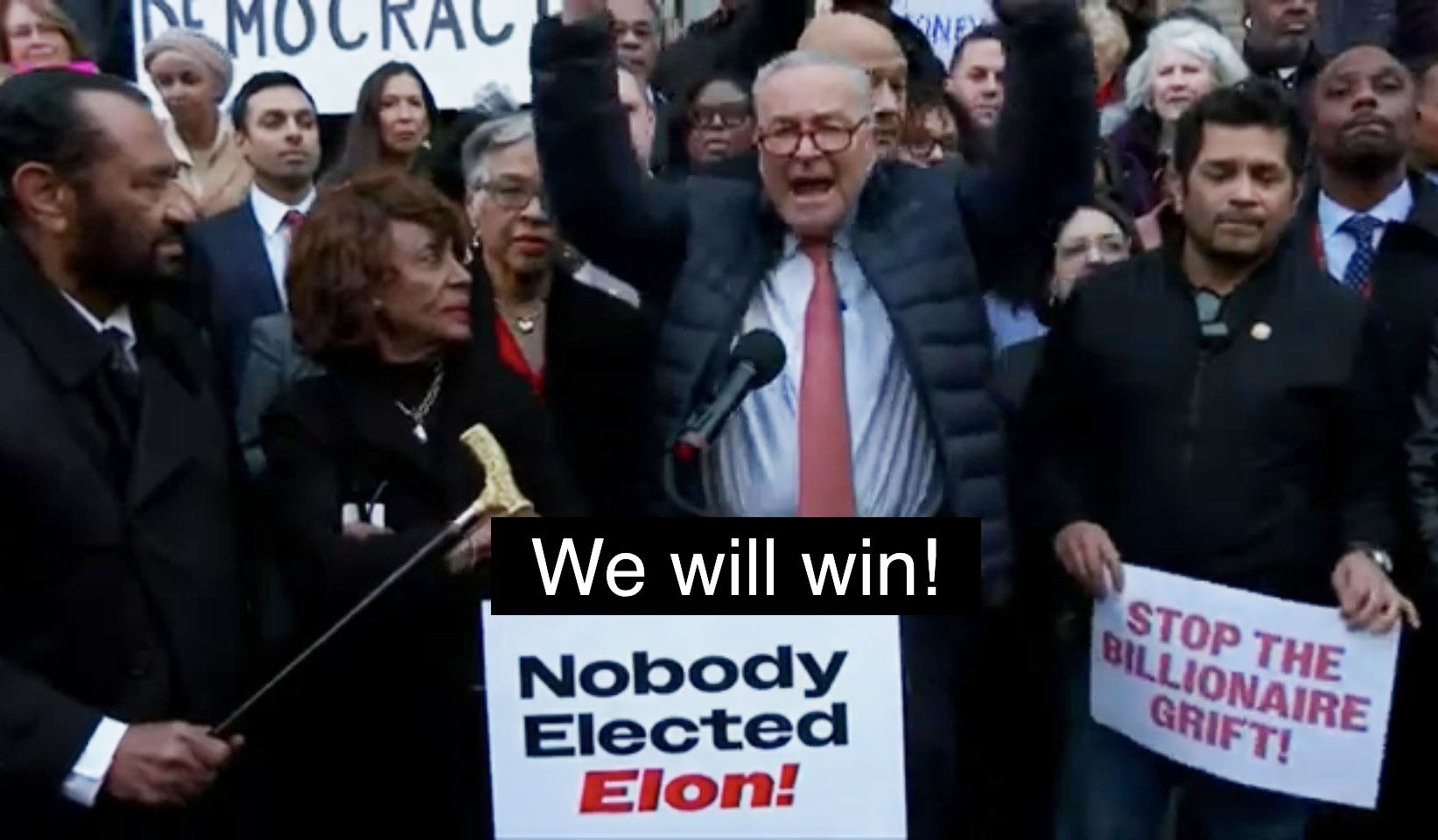Why cultural appropriation should be axed from Halloween
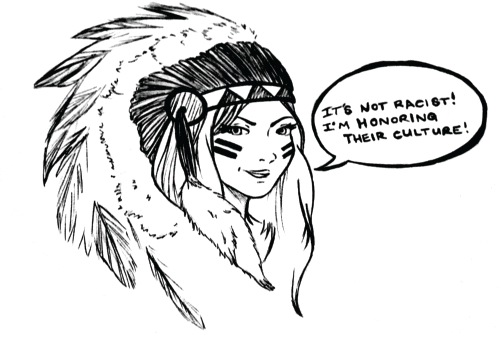 By: BRITTNEY FARROW
By: BRITTNEY FARROW
Opinions Editor
There is no limit to what kinds of costumes a person can find in stores once October hits. At this moment, the most popular women’s costumes at Party City (according to their website) include characterizations such as Elsa from Disney’s “Frozen” and three separate sexy minion costumes — and yes, I did say three.
Regardless, some old staples can still be found wandering the streets once the occasion comes around, and their mass appeal never seems to falter; Indians, sugar skulls, geisha, rappers — the list goes on.
What do these costumes have in common? Well, to put it simply, they are all part of an offensive branch of racism called cultural appropriation.
For those who may not know, cultural appropriation can best be described as taking select elements from another culture and representing those elements in a way that disrespects or embarrasses the people from that culture’s background.
To put things in perspective, cultural appropriation is what happens when teenage girls buy bindis from the mall to wear as a fashion accessory without knowing their religious significance in Greater India; it is what happens when people wander around Coachella wearing warbonnets despite the fact that they have historical significance to honorable men of Plains Indian tribes.
Cultural appropriation is what happens when Katy Perry wears cornrows and grills in her “This Is How We Do” music video without taking any part in the discrimination African-American people face when partaking in the very same fashion trends.
Many people might say that the criticism of particular Halloween costumes is irrelevant. Wearing these outfits is “just for fun” and “not harming anyone.”
While I understand it is uncomfortable to change our perspective and face the problematic nature of the things we do so consistently, it is still utterly mandatory — especially when considering the nature in which these atrocities are presented to us.
It may seem as if there’s no harm in dressing as a sexy Indian girl with a cute feather headband (and let me be clear: I see no problem with sexy Halloween costumes) but when we consider the context of how such a costume came to be, we uncover disturbing truths.
Pocahontas — whose given name was Matoaka — was abducted from her home and forced to marry and bear the children of an Englishman named John Rolfe. Native-American women face domestic violence and sexual assault at a much higher rate than any other group of women, reporting rates as high as 12 times the national average in some locations, according to the “New York Times”. In Canada, the national government barely acknowledges that indigenous women are three to four times more likely to go missing or be murdered than any other race of women in the country.
By glazing over these problems and choosing instead to focus on the spirit of the event, we are essentially refusing to acknowledge the weight of these issues, hurting those affected in the process.
Aside from the gross and grueling history some ethnic groups have faced in the past, in most cases culturally appropriative costumes use hurtful and oppressive stereotypes to make a punchline out of a group of people who have no control over the way they are perceived.
As a white person, I don’t find it particularly clever when college frat boys don a poncho and a sombrero and say their costume is a “dirty Sanchez”; I highly doubt that people with Hispanic roots would either.
Considering Halloween is a holiday that allows for limitless creative potential and gives someone endless costume options, I really do not understand why one would choose to be distasteful and offensive when they could just as easily not.
Figuring out whether or not a costume is culturally appropriative will only take a quick Google search, but here are some loose guidelines to follow: if the costume requires you to paint your face with either black or dark brown makeup to darken your skin, it is racist (and that is actually called Blackface, which is a whole other issue); if the packaging contains the words “tribal”, “ethnic” or “cultural”, it is most-likely racist; if you purchased any part of it at Urban Outfitters, it is probably racist.
Common sense should play a heavy part in your costume decision, always.
This may sound cheesy, but the only thing that should ever be offensive about your Halloween is how much fun you had — not how many people you insulted.








